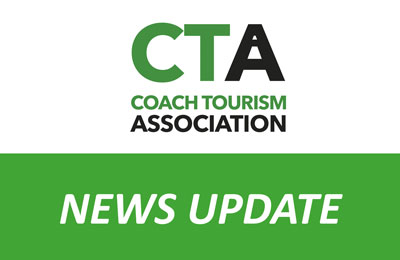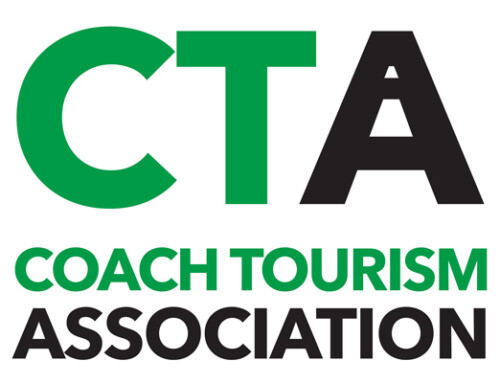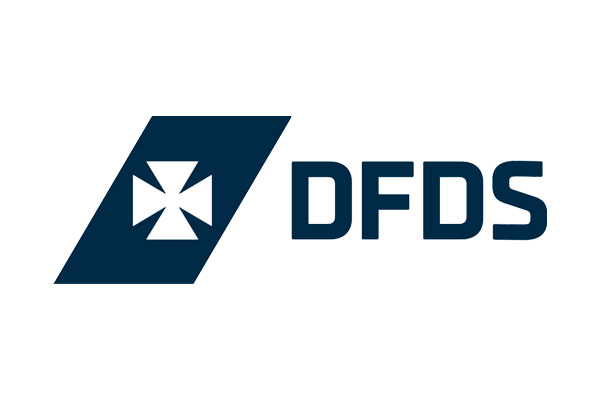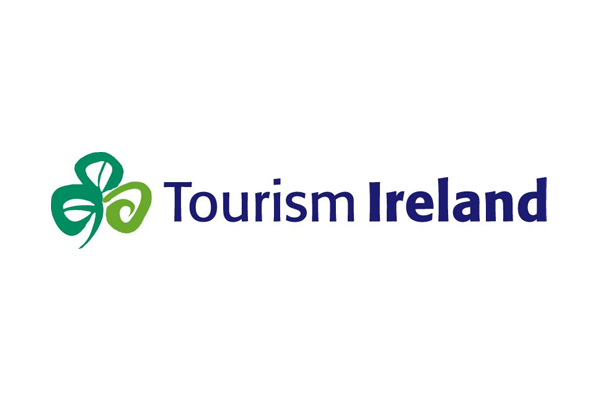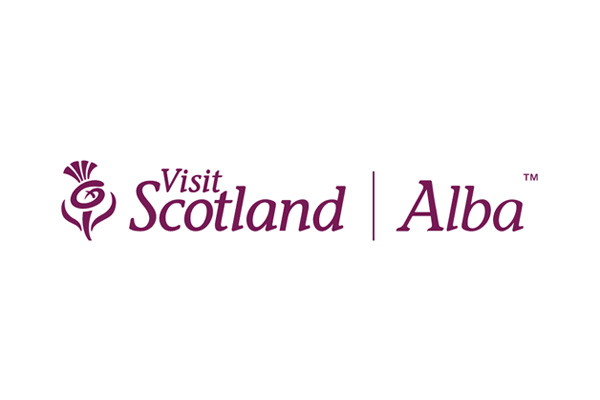COVID-19 Updates – week commencing 25/01/21
More updates of developments from the government and various links to interpretation and guidance.
Go to date:
25 January 2021 …
CPT updates:
SWITZERLAND & NORWAY PASSENGER TRANSPORT BI-LATERAL AGREEMENTS
We have previously updated members about the bi-lateral agreements between the UK and Switzerland and between the UK and Norway covering passenger transport
Neither Switzerland or Norway are participants in the Interbus agreement, and therefore in order for passenger transport journeys to continue after the UK left the EU, these bi-lateral agreements were made in 2018
Both agreements allow for occasional journeys to be undertaken by UK operators in Switzerland or Norway
These journeys can be closed door tours where the same group of passengers are picked up and returned to the UK, or inward journeys where a group is carried from the UK to either Switzerland or Norway and the vehicle returns empty, or outward journeys where a vehicle makes a journey from the UK to Switzerland or Norway without passengers, picks up a group and takes them to the UK
Both agreements explicitly rule out Cabotage
Yesterday (21 January) during the National Operations Update a question about cabotage in Norway was answered incorrectly, and I apologise for this
A new style Transit Waybill will be necessary for journeys to Switzerland or Norway, and these can be obtained from CPT.
28 January 2021 …
Tourism Alliance updates:
Prime Minister’s Statement to Parliament
The Prime Minister made a statement to Parliament today regarding new measures for people arriving into the UK and the review process for the Lockdown. The main points of the statement were:
-
- The Government is to enforce the ban on international leisure travel by asking people at ports of entry why they are leaving and instructing them to return home if they do not have a valid reason to travel.
- The Government we will require all arrivals from the 22 countries from which travel is banned but who cannot be refused entry to isolate in government-provided accommodation – such as hotels – for ten days without exception. They will be met at the airport and transported directly into quarantine.
- The Government will set out the results of the Lockdown review and publish its plan for taking the country out of lockdown when parliament resumes on 22nd February
- The plan will set out a gradual and phased approach towards easing the restrictions, beginning with re-opening schools – which is planned for 8th March at the earliest.
Home Secretary’s Announcement
Following the Prime Minister’s statement the Home Secretary announced that:
-
- The details of the “Managed Isolation Process” would be announced next week
- People in the Managed Isolation Process will be required to pay the costs of this
- The police will step up checks on all people required to self-isolate
- People wanting to leave the UK will have to make a written declaration as to why they need to travel (leisure travel is not a permitted reason)
- There will be a review of the current exemptions that apply to travel bans.
https://www.gov.uk/government/news/tougher-border-controls-to-protect-public-health
Lockdown Guidance Updated
The Government has updated the lockdown guidance and, at the same time, created a game where you have to figure out what they’ve changed. Looking though it I think the change might be in the international travel section in relation to the Prime Minister’s statement to but it’s not immediately obvious.
https://www.gov.uk/guidance/national-lockdown-stay-at-home
Companies House Pauses Voluntary and Compulsory Strike Off Process
Companies House has informed businesses that is is pausing Strike Off processes from 21 January until 21 February 2021 due to staff shortages. However, they point out that businesses must undertake their business filing responsibilities during this period and are encouraging people to file online instead.
Reporting a Lateral Flow Test
With businesses starting to implement their own testing regimes, the Government has established a site whereby you can report the results of lateral flow tests. You should report the result:
-
- every time you use a lateral flow test kit
- as soon as possible after you get the result – you cannot report a result after more than 24 hours.
To use this service, you need:
-
- the barcode on the test strip or the ID number printed under it (the test strip is the part of the kit that shows your result)
- a mobile phone number so we can text you to confirm we’ve got your result
https://www.gov.uk/report-covid19-result
Updated Advice for UK Visa Applicants and Temporary Residents
The Home Office has updated their advice to extend a number of Covid -related exemptions to 31 May 2021. These include:
-
- Changes to the minimum income and adequate maintenance requirement
- Short breaks to continuous residence
- Visa extension due to inability to leave the UK
People who intend to leave the UK but have not been able to do so and have a visa or leave that expires between 1 December 2020 and 31 May 2021 can request additional time to stay, known as ‘exceptional assurance’, by emailing cihassuranceteam@homeoffice.gov.uk
CJRS Helpline
HMRC have updated their guidance on CJRS to ask employers not to call them unnecessary as they have fewer advisers available to answer your calls (maybe they should sign up for the KickStart scheme).
An alternative that employers can try if they are struggling to get through is an online chat service which I’ve just tried and found an advisor available straight away
28 January 2021 …
Tourism Alliance updates:
CJRS Analysis – 1 January
The latest analysis of the CJRS has been published by the ONS. The main findings of this are:
-
- The total number of people furloughed on 31st December was 3.8m
- Furloughing in accommodation and food services peaked at 1.65 million employments furloughed on 10 April, this fell to 601,400 employments furloughed at 31 October. There was a net increase of 490,100 to 1.09 million employments furloughed at the start of November, this fell to 1.08 million employments furloughed at 30 November. Provisional figures show that the number of employments furloughed decreased to 1.04 million at 31 December
- Furloughing in arts and entertainment sector peaked later than other sectors on 15 May 2020 with 455,100 employments furloughed on that date. By 31 October this had dropped to 159,600 employments furloughed. At 30 November the number of employments furloughed had increased to 292,600. Provisional figures show that this figure decreased to 273,800 employments furloughed at 31 December
So, the number of people furloughed in these two sectors before the national lockdown was 1.35m, which is 35% of the total.
This research also has a lot of additional data on furloughing by region, age group and company size.
There is also a similar analysis of the SEISS scheme
Night Time Economy Consultation
The Night Time Economy APPG has launched an urgent inquiry into the impact of Covid-19 on British nightlife. The inquiry is being led by APPG Chair, Jeff Smith MP, who worked in the sector for several years in his earlier career. The APPG is calling for evidence from night time economy businesses, employees, freelancers and consumers to share their views on the challenges facing the sector, its importance to our society and economy, and how nightlife can be reopened. Consultations will run throughout the month of January for a report scheduled to be released in February.
Evidence for the inquiry can be submitted via an online survey accessed at:
https://www.ntia.co.uk/appg/?fbclid=IwAR3yssrT4ldOlGfj_l34XHKrKS8x-bY0_QLvQPGdxv_L-wx_gTyJNU8JQ4k
Lockdown Guidance Update
The Going to Work Section of the Lockdown guidance has been updated to clarify that you do not need to be classed as a critical worker to go to work if you cannot work from home. The updated section also states that employers and employees should discuss their working arrangements, and employers should take every possible step to facilitate their employees working from home, including providing suitable IT and equipment to enable remote working. Where people cannot work from home, employers should take steps to make their workplaces COVID-19 secure and help employees avoid busy times and routes on public transport. Extra consideration should be given to those people at higher risk.
https://www.gov.uk/guidance/national-lockdown-stay-at-home#going-to-work
National Travel Attitudes Survey
The finalised results of the 4th wave of this survey have been published today. Although the data collection period is somewhat ancient history now (it covers may – Sept last year) the results are of some interest in that they show the relative levels of perceived risk people associated with different forms of travel and will be useful in informing travel patterns when the UK starts reopening. For example, over 85% of those surveyed said that they were concerned about travelling by public transport such as buses, trains, planes and underground while just 17% were concerned about travelling by car.
Eat Out to Help Out Analysis
HMRC have published an analysis of the EOTHO scheme which includes a geographical breakdown of the uptake. Interestingly the participation and uptake of the scheme was very evenly spread around the UK. For example, 84% of the UK population is in England and:
-
- 84.3% of participating outlets were located in England.
- 84.5% of total meals claimed for were sold in England
- 84.5% of total discount was claimed in England.
Within this there is interesting but unsurprising findings that
-
- areas with high commuter traffic and low resident populations had low claim levels (ie City of London and Kings Cross)
- expensive areas has higher average claims (city centres)
However, there is one interesting result
-
- The average claim per outlet was significantly higher in Northern Ireland than either England, Scotland or Wales.
